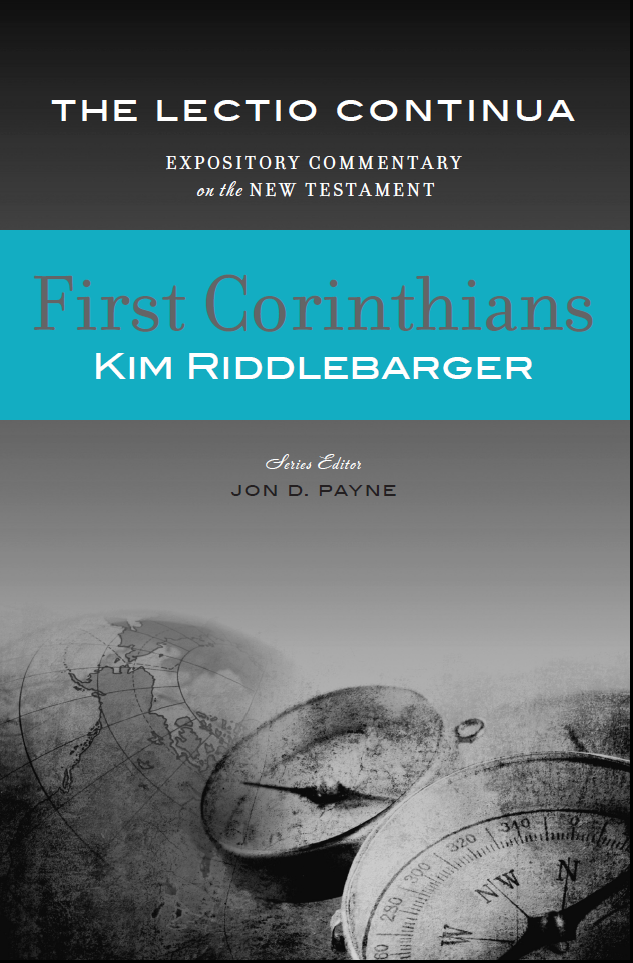What Should I Read to Learn More About the End Times?
 Friday, July 26, 2019 at 09:17AM
Friday, July 26, 2019 at 09:17AM
Since I write and often lecture in the field of eschatology, I am often asked "what should I read to learn more about the end times?" In answering this question, I do not recommend books which predict the future in light of current events. I am not a fan of the "prophecy pundit" genre.
The resources which follow are primarily biblical-exegetical volumes, which present and defend "Reformed" amillennialism--a view which is biblical, simple and straight-forward. Reformed amillennialism affirms that the central eschatological event predicted in the New Testament is that Jesus Christ will return bodily at the end of the age to raise the dead, judge the world, and usher in the new heaven and earth.
"Reformed" amillennialism is unique from other varieties of amillennialism, in that an effort is made to understand eschatology in the light of classical Reformed covenant (or federal) theology.
Comprehensive Studies of Amillennial Eschatology:
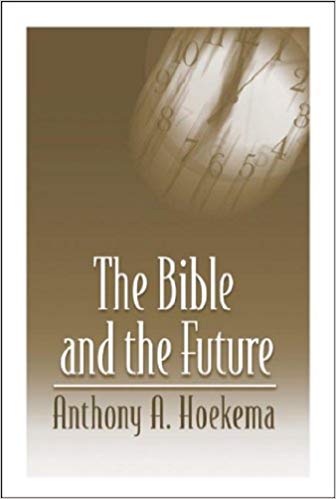
Anthony Hoekema's The Bible and the Future is the best place to begin. Hoekema's book is well-organized and covers the subject thoroughly, including a study of the nature of biblical eschatology (the very essence of biblical revelation), the events surrounding the return of Jesus Christ, the intermediate state ("where did grandma go when she died?"), to comparative eschatology--stating and defending Reformed amillennialism in dialogue with opposing views. Hoekema's book was important in my journey out of dispensationalism. It is highly recommended.
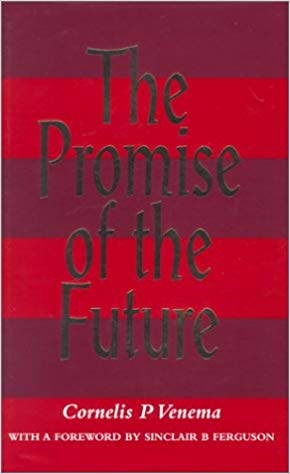
Cornel Venema's The Promise of the Future is similar in content and layout to Hoekema's volume (the full range of eschatology is covered). It too is outstanding, and quite useful in making the biblical/historical case for Reformed amillennialism.
Presentations of Reformed Amillennialism
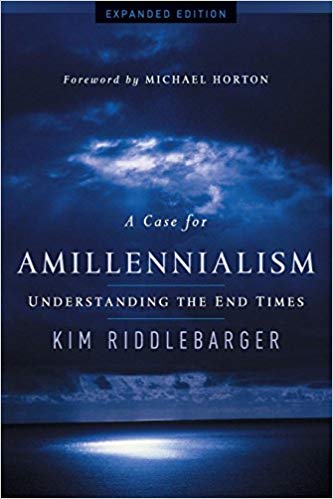
This is my effort to make the best (and simplest) possible case for the biblical basis for Reformed amillennialism. Narrower in focus than Hoekema's and Venema's volumes, this book was written in light of my own journey to amillennialism. My main argument is the "two-age model." By the way, if you are reading it with proper spiritual understanding, you should get the second blessing by the time you get to chapter three.
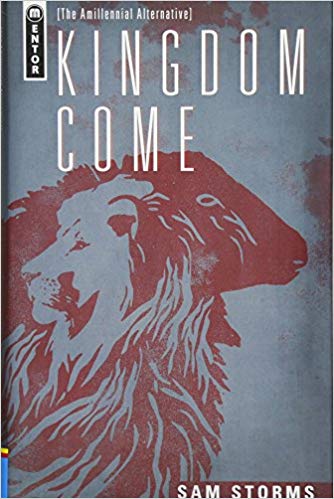
This book is must reading for anyone who was trained (say, in a Bible college or seminary setting) in dispensational eschatology. Dr. Storms is a graduate of Dallas Theological Seminary, and studied under the landmark dispensationalist theologians (including Walvoord and Pentecost), and knows first-hand the weaknesses and biblical problems with the dispensational system.
I do have a couple of caveats in recommending this book. Storms does not embrace classical Reformed covenant theology, which I think weakens his case (although overall Storms' case is compelling). My second caveat is that Dr. Storms holds a rather quirky view of Daniel's fourth kingdom (seeing it as Greece, not Rome). This undercuts important background to the way New Testament writers view the Roman empire as the beast of Revelation.
Despite the caveats, if you were trained as a dispensationalist, this is must reading. Kingdom Come
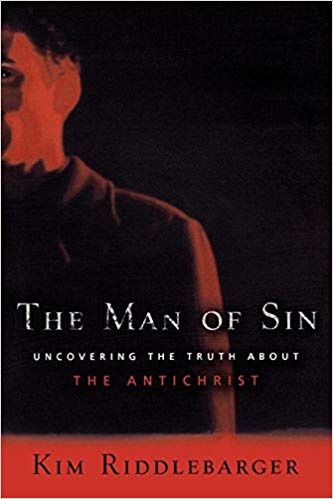
One of the most fascinating sub-plots throughout redemptive history is Christ (the Messiah) versus Antichrist. This volume is an attempt to apply amillennial eschatology to one of the most controversial (and misunderstood) areas of biblical eschatology.
Will there be an end-times Antichrist? I say "Yes." The Man of Sin
Previous Posts in this Series:
What Should I Read to Learn About the Refomed Confessions?
What Should I Read to Learn More About the Lord's Supper?











